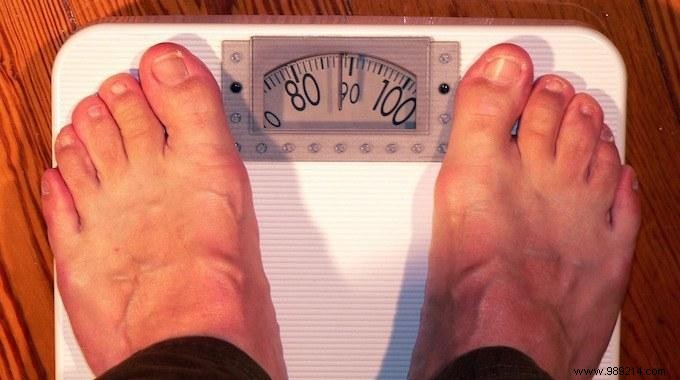
Recent surveys reveal that while many French adults feel healthy, 46% are overweight or obese. The trend is alarming: obesity rates in France doubled from 8.5% in 1997 to 14.5% by 2009.
What drives this rise? Studies pinpoint key behaviors linked to excess weight and obesity.
Drawing from research by institutions like Harvard and the University of Bristol, here are 14 habits that heighten your risk:

Long hours of TV viewing correlate strongly with obesity. A study showed that watching 2 hours daily raises overweight risk compared to just 30 minutes.
The body becomes nearly inert, lowering heart rate, blood pressure, and basal metabolic rate—burning 20 to 30 fewer calories per minute.
Harvard researchers found kids who watch more TV consume more food overall.
In our fast-paced world, eating too quickly is common—but it leads to overeating. It takes 15-20 minutes for your brain to register fullness.
Research links rapid eating to metabolic syndrome, including high blood pressure, overweight risk, and insulin resistance.
Snacking at your desk, in front of the TV, in the car, or standing in the kitchen? This distracted eating boosts chances of weight gain or obesity.
Opting for places like McDonald's often? Stress and time constraints make it tempting, but fast food is high in fat, low in fiber, and served in oversized portions—a clear path to obesity.
Eating to cope with emotions—like stress, anxiety, or loneliness—involves junk food binges. Experts say 75% of overeating stems from emotions, not hunger.
A packed schedule pushes workouts aside. Yet, modern French lifestyles are more sedentary than ever, with hours spent sitting in cars, at desks, and on couches.
Obesity can be socially contagious. A 32-year study of over 12,000 people found that close ties to overweight individuals raises your risk by 37-57%.
Lack of sleep spikes ghrelin (hunger hormone) and drops leptin (satiety hormone). University of Bristol research shows each lost hour of sleep (from 8 hours) adds 3% more body fat.
Discover tips for better sleep.
Not checking calories or fats? You could unknowingly double your daily intake, derailing weight maintenance or loss efforts.
VISA's analysis of 100,000 fast-food transactions revealed card users spend 30% more than cash payers. For weekly fast-food visits, that's 2.25 kg gained yearly for a woman.
Studies show breakfast eaters are less likely to be overweight and better at sustaining loss. Dr. Denise Bruner, past American Bariatric Society president, warns skipping meals triggers compensatory hunger.
University of Wisconsin research found casual work attire increases movement by 8%, burning extra calories—25 more on "Casual Fridays." Over 50 weeks, that's 6,250 additional calories torched yearly.
University of Minnesota study: Daily weigh-ins led to 5.5 kg loss over 2 years vs. 1.8 kg without. New England Journal of Medicine notes daily weighing plus coaching cuts regain risk by 82%.
A UK Priority Group survey found people eat more when bored than stressed. Combat it with exercise or reading instead.